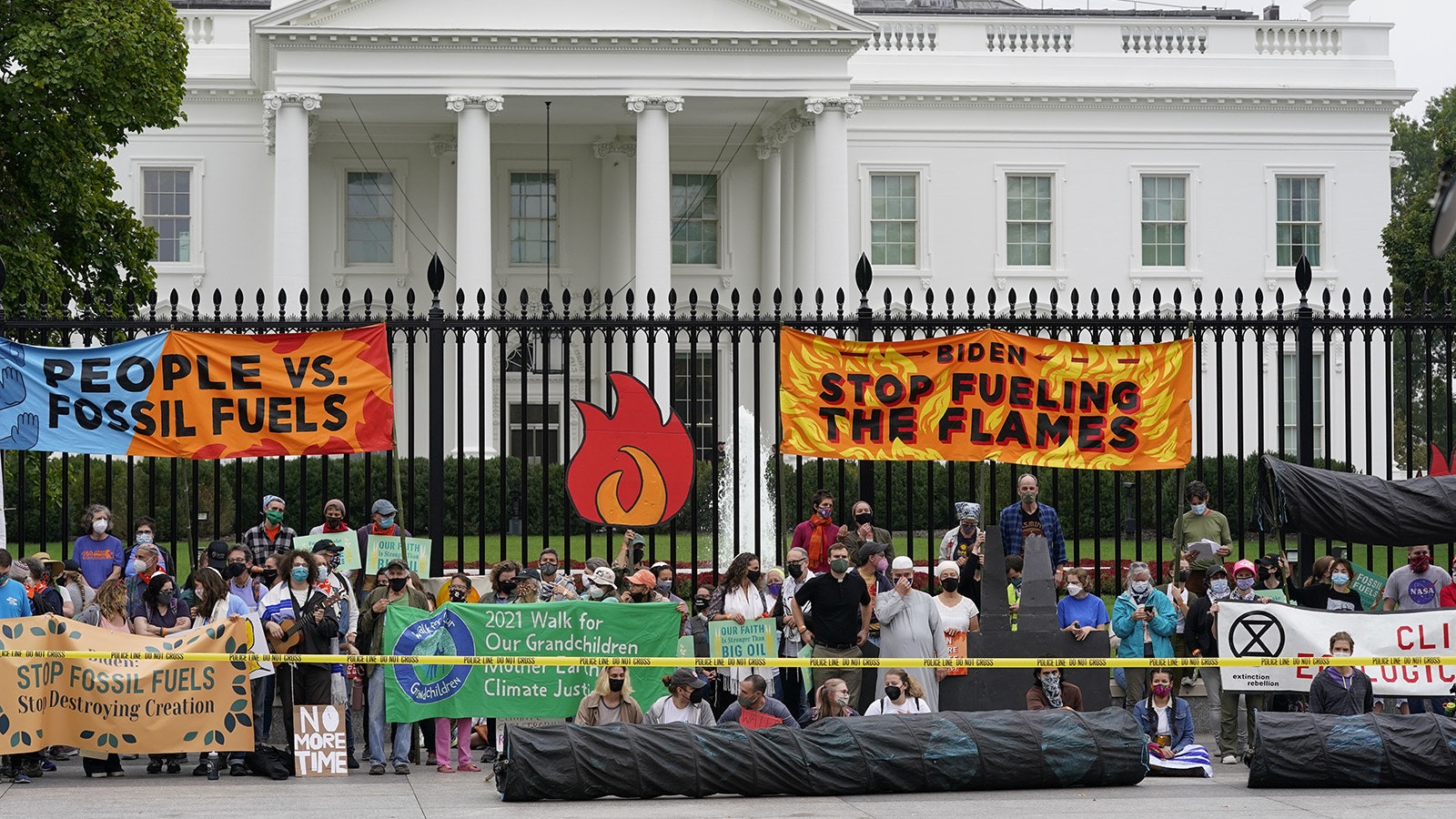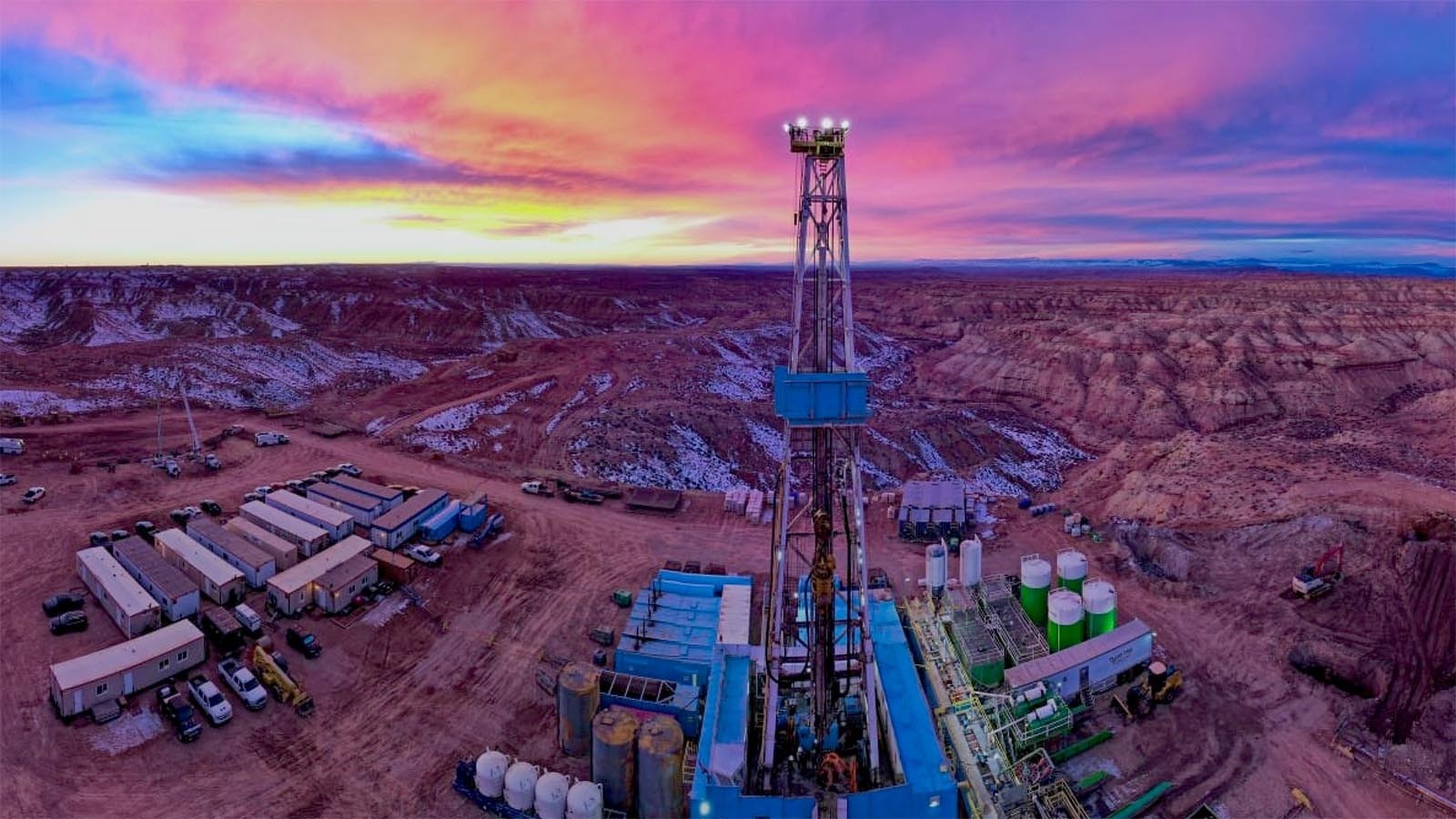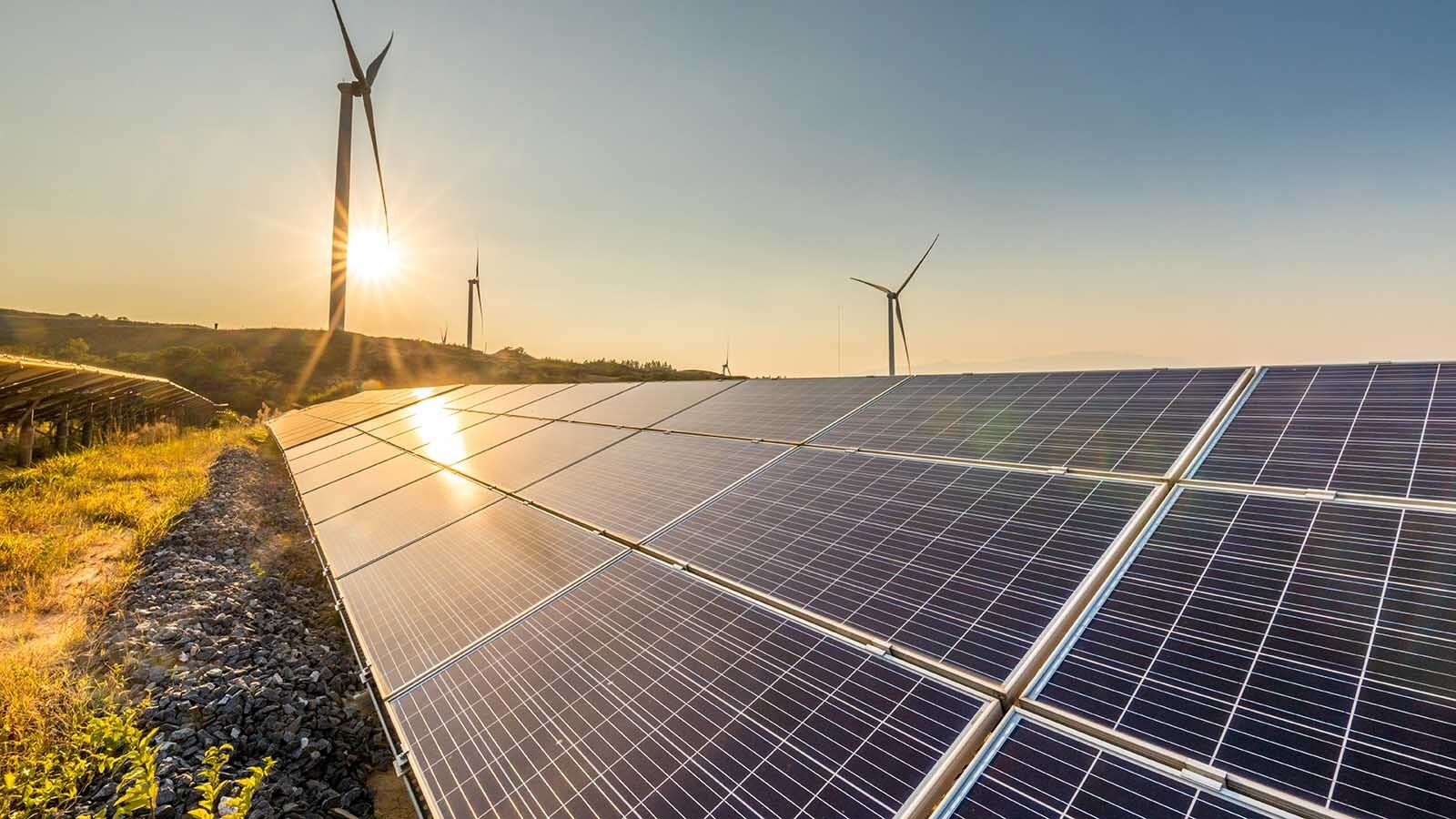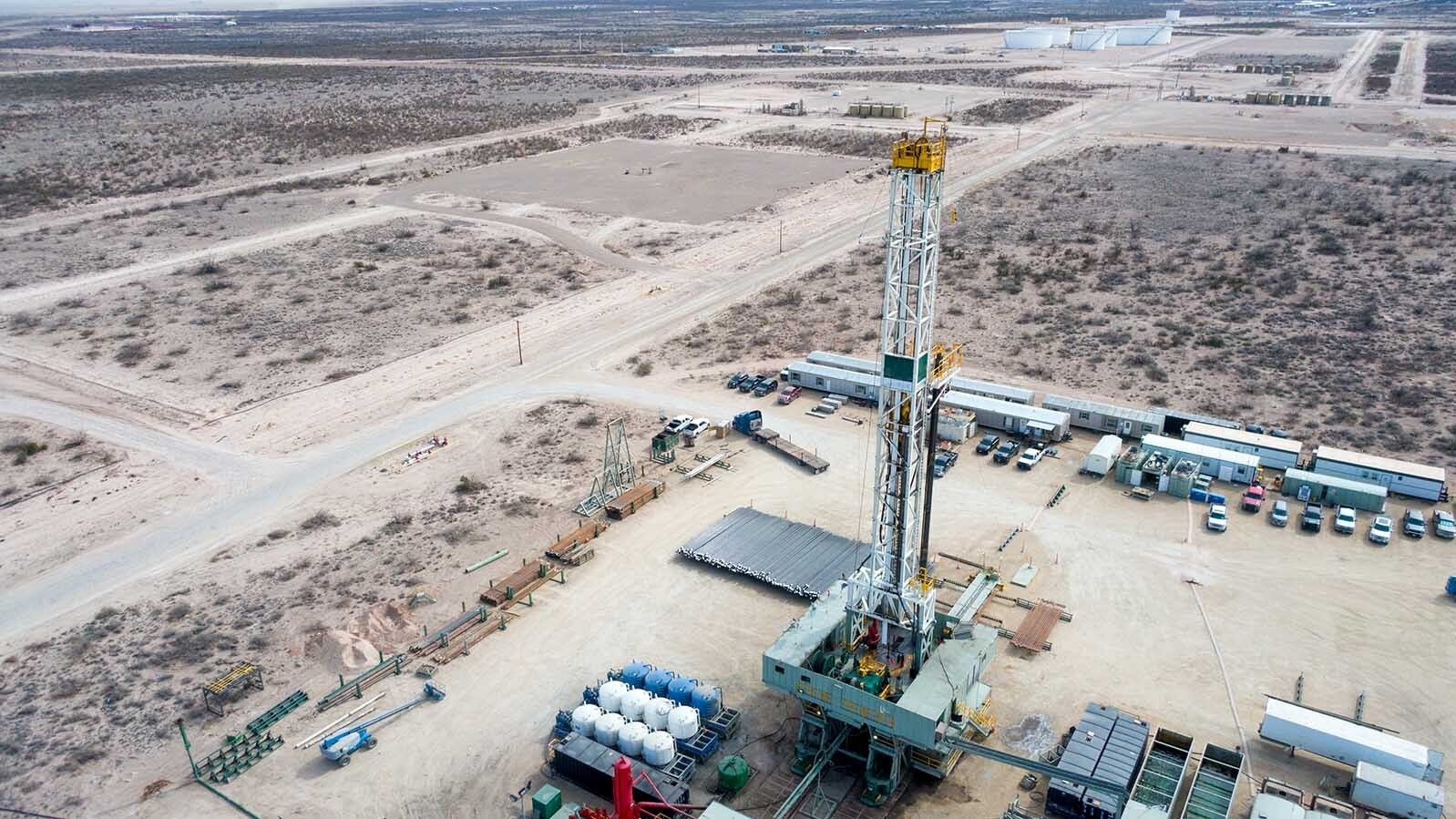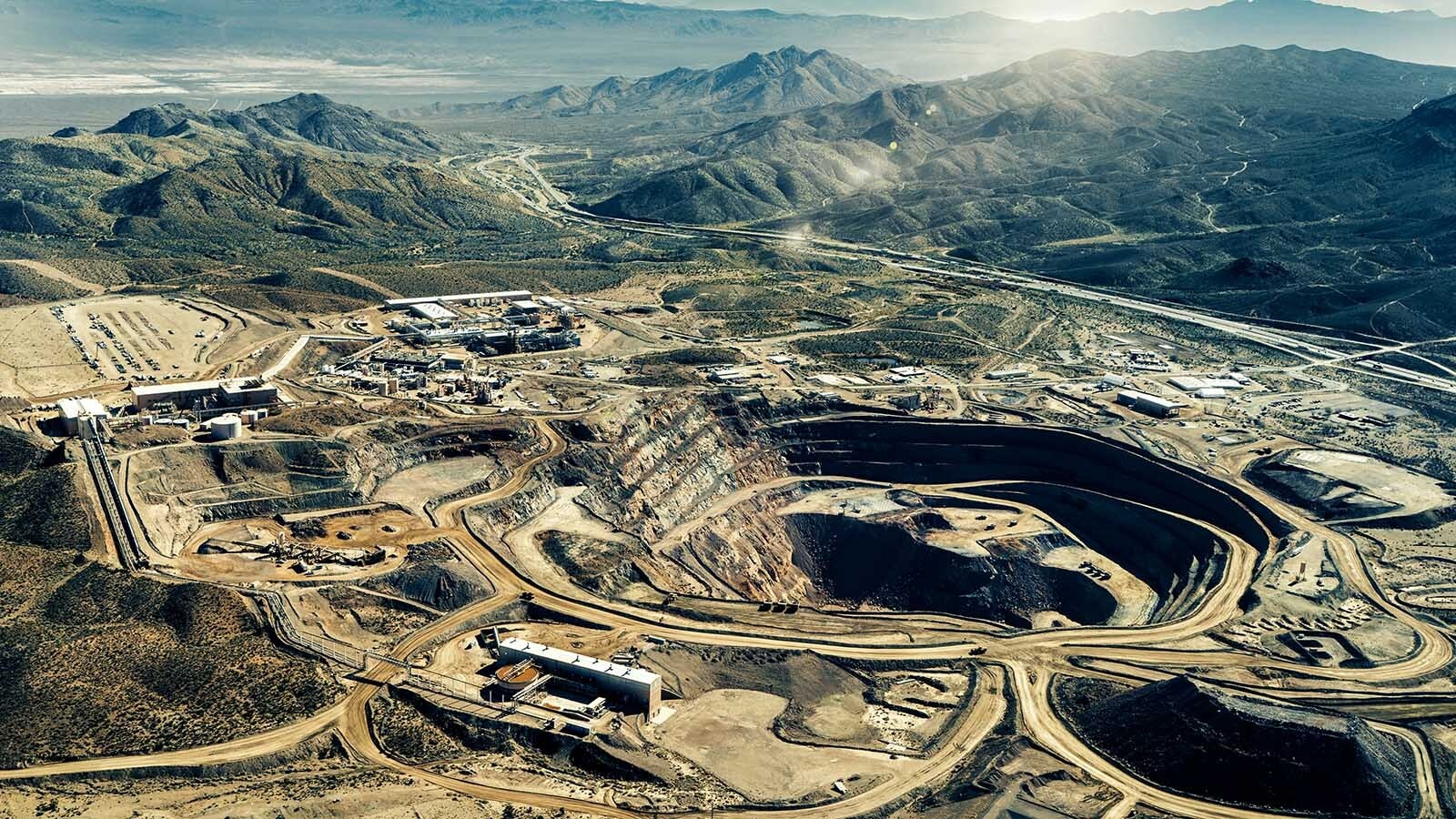A proposed EPA rule would allow the agency to effectively deputize residents and communities to police methane emissions at oil and gas production facilities.
Concerned citizens have always been able to report methane emissions they detect, but state regulators and companies had the option to weigh the value of the reports and determine what, if anything, needed to be done.
Under the Super Emitter Response Program (SERP), operators who are notified by one of these third-party monitors about detected abnormal methane levels at a site would be required to perform an inspection within five days and make repairs, if needed, within 10 days.
Significant Interruptions
Ryan McConnaughey, spokesperson for the Petroleum Association of Wyoming, told Cowboy State Daily there are a number of concerns about the rule.
The process by which any data submitted by a third-party monitor would be validated isn’t entirely clear, he said. The association submitted comments on the proposed rules, seeking clarification on that.
Another concern, McConnaughey said, is that these third-party monitors reporting methane leaks without any standards for data collection that require companies to respond is a system ripe for abuse by those who just want to disrupt operations.
“Allowing citizens to force the oil and gas industry’s hands on this without any sort of validation or certification is problematic and could cause significant interruptions to operations,” McConnaughey said.
Wild Goose Chase
Kathleen Sgamma, president of the Western Energy Alliance, told Cowboy State Daily the alliance has many of the same concerns.
“This has the possibility of being weaponized. A group could harass a company. I don’t see in the rules where there are standards for the quality of the data,” Sgamma said.
Sgamma said that even a well-intentioned monitor who doesn’t have the proper training and is collecting data without any standards could make an error as simple as getting the operator of a particular site wrong.
“There’s the opportunity to send companies on a wild good chase,” Sgamma said.
Bad Data Collection
Lee Fuller, officer of environment and general strategy for the Independent Petroleum Association of America (IPAA), told Cowboy State Daily there’s also a question of whether the EPA has authority to deputize citizens to act in the agency’s stead.
Fuller explained that the Clean Air Act delegates authority to manage new sources of pollution to some states, which includes Wyoming. The SERP would create a scenario where states that have primary responsibility for enforcing Clean Air Act standards for these types of sources would be interacting with private-sector data collectors with no way of knowing how accurate that data is.
“That’s now the way the law is designed to operate. The law is designed to operate with the regulator being the responsible entity to determine whether noncompliance exists in the case of emissions,” Fuller said.
Fuller said the sampling methods the EPA nominated for the program are all short-term methods. He said this allows for short-term incidents to be extrapolated to an annual number.
“It really is a distortion of the nature of operations,” Fuller said.
Ensuring Compliance
More than a dozen environmental groups, most of which aim to eliminate or greatly reduce fossil fuel use, submitted comments to the EPA in support of the SERP. The groups include the Sierra Club, Environmental Defense Fund and Earthjustice.
In their comments, the groups argue that the program would further drive down emissions from the largest and most egregious events.
“We urge the EPA to ensure participation in this program and that all data and response actions are made publicly available in real time,” the groups state in their comments.
The comments support the EPA’s view that the SERP would act as a backstop to ensure compliance with emission standards and that the standards of short-term collection thresholds would ensure that the program wouldn’t capture permissible emission events.
Voluntary Emission Reductions
In its comments to the EPA, the Petroleum Association of Wyoming, the IPAA and a dozen other national and state trade organizations propose that third-party notifiers should have to post a bond or some other financial assurance to compensate companies that respond to emission reports that turn out to be inaccurate.
While the EPA is proposing new rules to reduce methane emissions, the industry has already reduced its methane emissions by 13% since 1990, according to the agency’s data.
Natural gas production increased 101% between 2005 and 2021, and oil production increased 53%. In that time, methane emissions fell 9%.
McConnaughey said several operators in Wyoming have voluntarily implemented 24/7 monitor systems to catch leaks and repair them as soon as possible.
If the SERP does become part of the EPA’s final rules, expected to be released in the next several months, the rule could squander a lot of operators’ resources responding to inaccurate emission reports. This would leave less time and money for effective programs that address methane emissions, McConnaughey said.
“Regulations such as this [SERP], that we don’t even know the true cost of, could certainly hamper operators from implementing more of those types of programs,” McConnaughey said.

